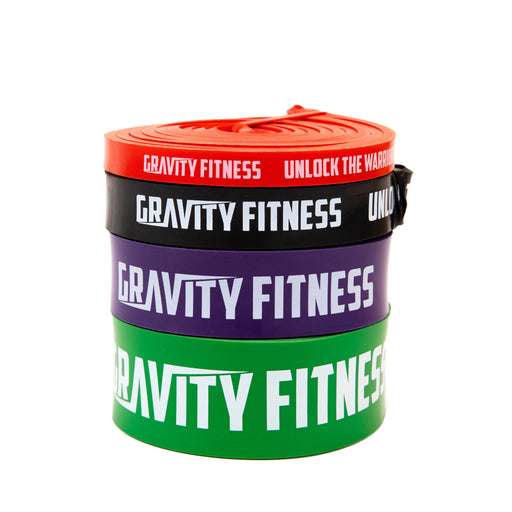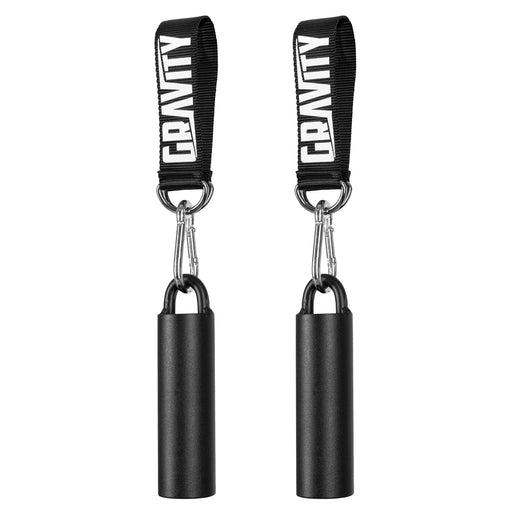
Myth busting: is fasting good for you?
Myth busting: is fasting good for you?
Modern fasting is a popular way to lose weight, but is it safe and healthy – and does it work?
Fasting is a practice as old as time, deeply rooted in religious and cultural routines that go back millennia. But modern-day fasting claims to be about biohacking, longevity, and – of course – weight loss. Let’s look at the physiological facts about fasting to sort the myths from the truths.
Is fasting good for you?
The main argument seems to rest on the length of a fasting period. Short periods of fasting – around 16 hours – can be good for you. It can give your digestive system a break from food intake, allow you the chance to get in touch with your appetite, and regulate your food intake. But 16 hours of fasting isn’t a huge deal – it’s a good night’s sleep, plus a short break from eating beforehand, and a short delay on breakfast.
When fasting becomes more prolonged and extreme (24- or 48-hour fasts for example), the risks to physical and mental health outweigh the potential benefits.
When did fasting become a diet trend?
Fasting can be traced back to the 5th Century, but modern fasting started around the 1940s when studies on mice found that short periods of intermittent fasting appeared to extend the rodents’ life spans.
It’s no surprise that fasting has become more popular as our lifestyles change. We now have 24/7 access to food, and round-the-clock media means there’s no clear cut-off time to go to bed. These days, we could stay up eating delivery food all night if we wanted to. The structure of fasting has an appeal. But is it really any different to simply stopping eating after dinner, going to bed, and getting a good night’s sleep?
3 different forms of modern fasting
Intermittent fasting
Intermittent fasting is a loosely structured way of eating that involves a regular schedule of eating within a set “window”. 16 hours fasting, 8 hours eating would come under this umbrella.
5:2 fast
The 5:2 diet is a popularised form of fasting where you eat a normal, healthy diet for 5 days a week. On the other 2 days, you fast and restrict your calorie intake to 500-600 kcals.
24-hour fasts
24-hour (or 48-hour) fasts are as they sound – long periods of going without solid food, although calorie-free drinks are allowed.
Myths and truths about fasting
Fasting will help you lose weight
Myth: there’s nothing inherently magical about fasting that will make you lose more weight or bodyfat
Truth: if fasting helps you reduce your calorie intake so you are eating in a deficit, you will lose weight
Fasting is good for cognitive health
Myth: most of the research into this area is on rats
Truth: anecdotally, many people report that fasting makes them feel sharper, helps with concentration, and can even boost creativity and alertness. Studies are now being done into the possible impact of fasting o Alzheimer’s and Parkinson’s.
Fasting lowers your blood pressure
Truth: seems to be true, as shown by scientific studies, but the effects only last for as long as you use fasting as a protocol
Fasting improves insulin resistance
Truth: some studies show that fasting can improve how well insulin works in the body – but…
Myth: these studies only concern people with insulin resistance. Most of us have no reason to worry about or control the role of insulin in the body.
Fasting controls cholesterol
Truth: some small studies have shown that regular short-term fasting may lower LDL cholesterol
Myth: there is no evidence that fasting affects HDL cholesterol
Fasting reduces inflammation
Truth: fasting can reduce the number of cytokines (proteins that start the inflammatory process in your body) but…
Myth cytokines are important for the growth and activity of blood cells and immune system cells, so be sure you understand the meaning of inflammation in this context
Fasting boost long-term health and longevity
Myth: there isn’t enough research on this yet, it is mostly anecdotal from fans of biohacking
Truth: the studies that have been done do suggest that short-term regular fasting can improve health in ways that are likely to help you live longer
How exactly does fasting help you lose weight
The majority of people are interested in fasting for weight loss. So, does fasting help you lose weight? Yes, but also maybe not. The overriding factor for weight loss is energy balance – aka a calorie deficit. If you consume fewer calories than your body burns, you will lose weight because your body will find the extra fuel from stored tissue.
So, if fasting helps you reduce and control your calorie intake over a long enough period of time for you to lose weight, then – yes, fasting can help you lose weight.
But if fasting makes you hungrier, leads to cravings and binges, or if you simply end up eating excess calories in your “eating window”, then no – fasting will not lead to weight loss.
There is nothing inherently magical or special about the act of fasting itself that will lead to weight loss. The reason it might work is that reducing your eating window can reduce your total calorie intake and help you manage your appetite.
How to know if you should try fasting
Should you try fasting? It depends on why you want to do it, what results you’re expecting, and whether it will fit into your lifestyle without being stressful. If you have a hard time controlling your appetite and find yourself overeating from grazing all day, it could be just the thing you need to introduce some structure and get you back in touch with your true hunger. But if you enjoy eating at regular intervals and need to eat with family, friends, or a partner who doesn’t want to fast, fasting isn’t right for you.
Whilst there are some interesting studies into possible long-term health benefits of fasting, there’s not enough compelling evidence to suggest that fasting is healthier than regular healthy eating.
Check out the online Gravity Fitness store for best-quality functional fitness tools, calisthenics equipment, and unconventional training kit.










































